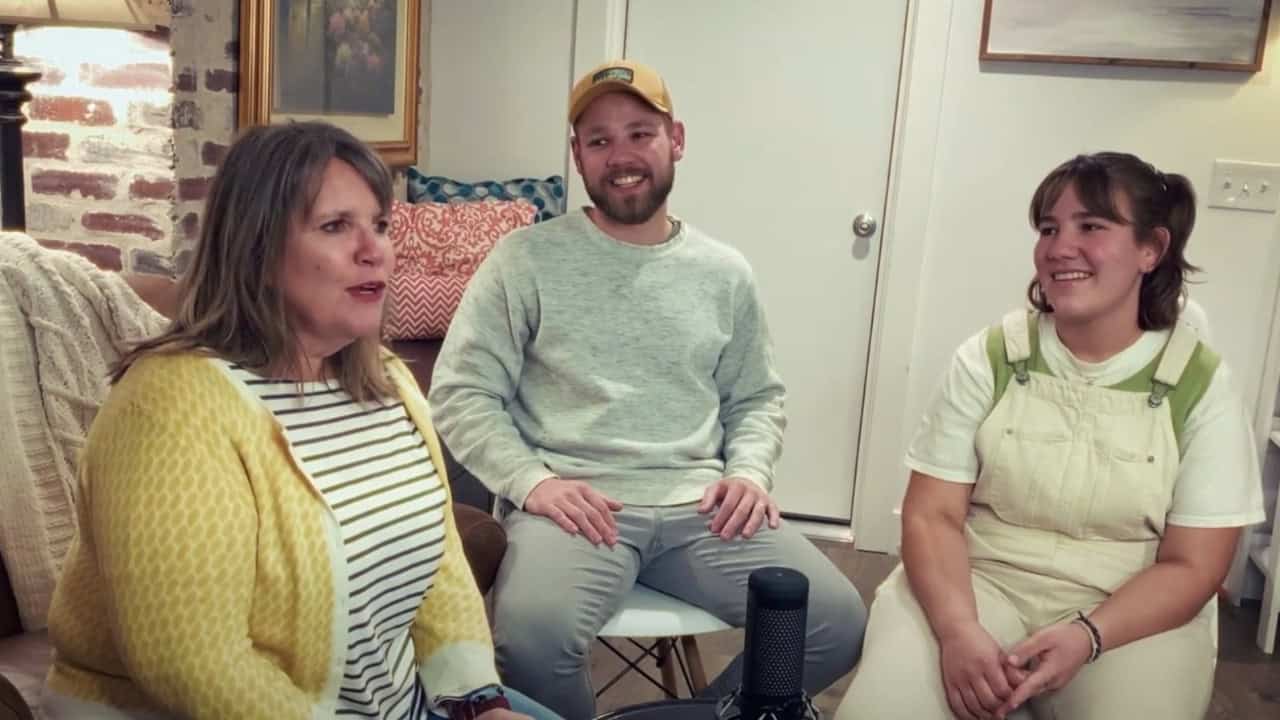


Quick Summary:
For Marcee Clark, the decision to homeschool her children wasn't a sudden shift, but rather a natural extension of her role as a mother. Even before her daughter was born, Marcee recognized the potential for a more personalized and enriching educational experience. Working within the school district, she witnessed firsthand the inconsistencies and potential unfairness students faced, which solidified her resolve to create a different path for her own children. It wasn't just about academics; it was about fostering a love of learning, spending quality time together as a family, and building a strong foundation for their future.
"You really have been homeschooling your child since day one," Marcee explained, emphasizing the natural learning that occurs within the family unit. From teaching children to speak and dress themselves to potty training, parents are already educators. Homeschooling, in her view, was simply a continuation and expansion of that role. This perspective helped her children embrace the lifestyle seamlessly. For them, homeschooling wasn't a change; it was simply their way of life.
Marcee and her family immersed themselves in their community, participating in various activities and groups. This involvement not only provided valuable social interaction for her children but also blurred the lines between homeschool and public school experiences. They weren't isolated; they were active, engaged members of their community. This integration helped dispel common misconceptions about homeschooling and fostered understanding and acceptance.
Of course, homeschooling presented its own set of challenges. Financial considerations were a significant factor, requiring creativity and resourcefulness. This led Marcee and her family to start a business, which not only provided financial support but also became a valuable learning experience for her children. They learned about margins, math, and the fundamentals of entrepreneurship, gaining practical skills that extended far beyond the traditional classroom.
The business, which began as a means to fund trips and activities, evolved into something much larger. It became a vehicle for mentorship, allowing Marcee and her family to guide and support other families in their own homeschooling journeys. Seeing the positive impact on these families, particularly the increase in self-esteem and confidence in the children, reinforced the value of their approach. It wasn't just about making cotton candy; it was about building character, fostering independence, and empowering children to thrive.
The journey wasn't without its critics or comparisons. Marcee learned to navigate these situations with grace, recognizing that every family and every child is unique. She encouraged other homeschooling parents to trust their instincts and tailor their approach to their children's individual needs and learning styles. She emphasized the importance of communication and flexibility, constantly reassessing and adapting to ensure the best possible outcome for her children.


